With holiday shopping winding down and a new year ahead, now is the time to start getting your finances under control. One in 3 people are planning to make a finance-related New Year’s resolution for 2023, according to a new survey from WalletHub. “Sixty percent of Americans feel anxious about the future of their finances, and 30% of people believe 2023 will be a worse year for their wallet than 2022,” said Jill Gonzalez, WalletHub analyst. “Americans are feeling the burden of prolonged inflation, and the debate over whether we’re already in a recession or one is simply inevitable certainly is not helping to foster a positive outlook.” If money is on your mind for the new year, these resolutions will help boost savings in 2023.
Stop Impulse Buying

Psychology Today recommends sending out an “SOS” before making a potentially useless purchase: Step back, try to relax, and take a few deep breaths. Orient yourself toward your goals and values — think about what you’re saving for and how it would feel to have a little extra cash. Finally, self-check — take note of how stressed you are and whether you’re in touch with your values. If you’re motivated by emotion, reconsider the purchase.
Related: The Definitive List of Things You Never Need to Buy
Put $10 a Week Toward Retirement
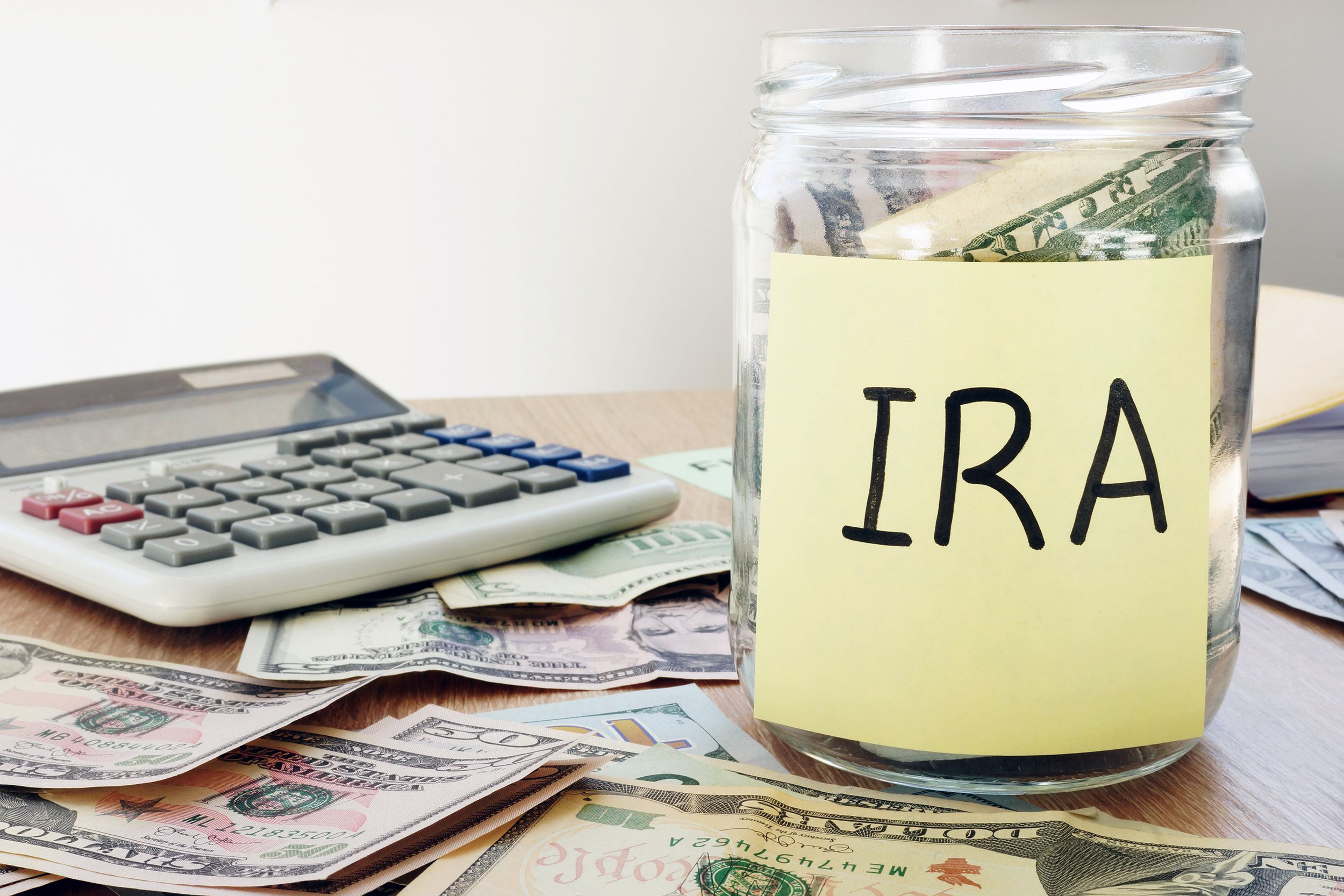
This small contribution to an employer-sponsored or individual retirement plan adds up to $40 a month and roughly $480 a year toward your retirement. “Baby steps,” says Nicole Mayer of RPG Life Transition Specialists, a holistic wealth-management firm based in the Chicago area. “Make one small goal. … Even if you can only afford $5 a paycheck, start with something.”
Related: How to Jump-Start Your Retirement Planning in 2023
Consult Your Partner and Family

Getting on the same page and setting the same financial goals will go a long way toward helping to achieve those ends, Mayer says. Have a “state of the union” meeting, decide jointly on common goals, and discuss how to meet them.
For more smart personal-finance tips, please sign up for our free newsletters.
Get Out of Credit Card Debt

The average household has $9,260 in credit card debt, according to Wallet Hub. Avoid the endless cycle of acquiring debt, paying off a little, and acquiring more debt than you just retired. “One of the most impactful resolutions people can make for 2023 is getting out of credit card debt. Credit card debt is rising at a historic pace and owing a lot can put people in a very difficult position if the job market takes a turn for the worse,” says Gonzalez. Paying off 20 percent of your credit card debt is a good starting point.
Related: Tactics for Getting Out of Debt
Take Your Budget Seriously
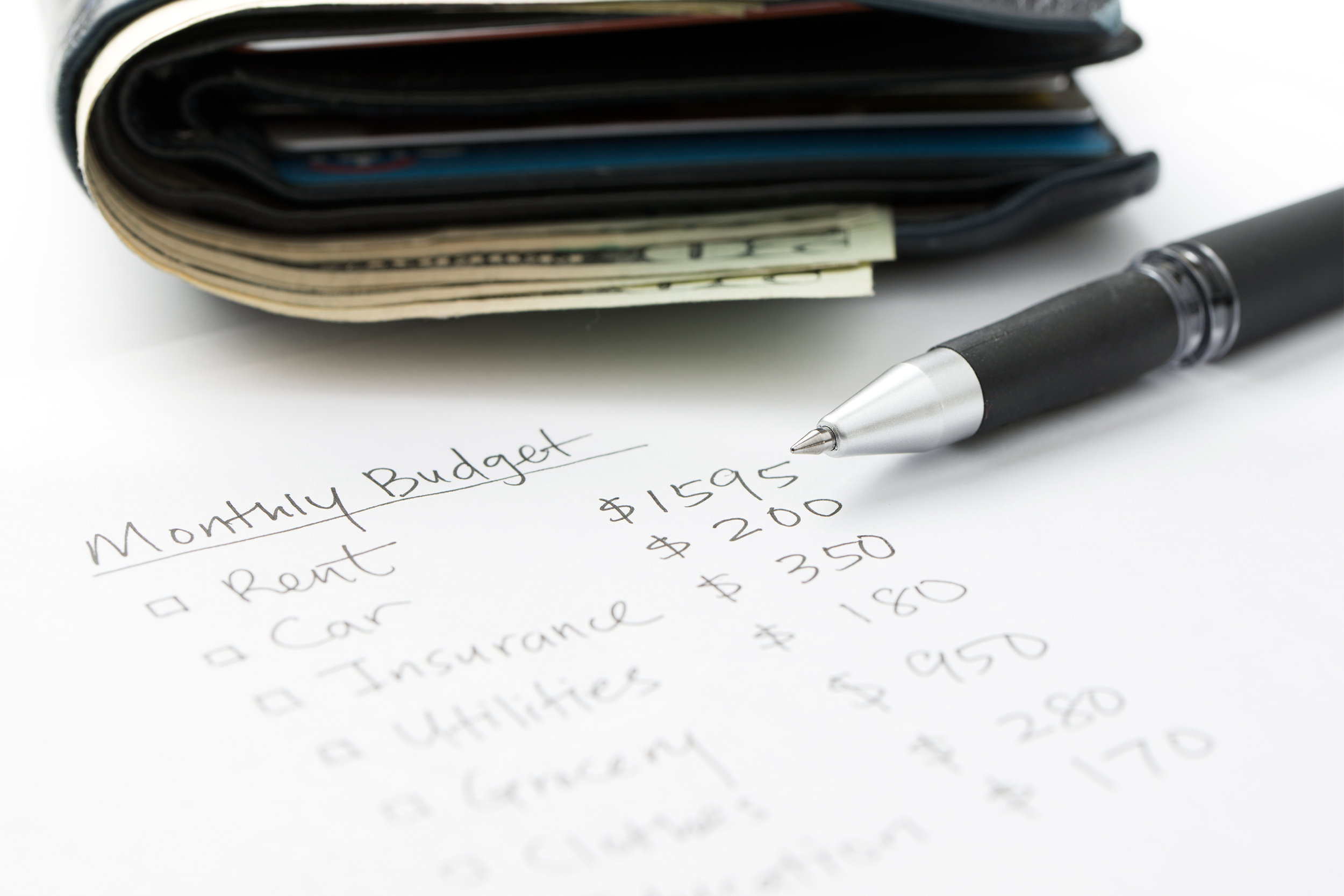
Three in five Americans plan to learn more about personal finance in 2023, according to WalletHub results. Step one is creating a budget. In the new year, resolve to make a budget that is easy to figure out and follow.
Trending on Cheapism
Commit to Living Within Your Means

Yes, this is the point of establishing a budget, but if you didn’t earn it, don’t spend it. Period. No exceptions. A good place to start: Eating out. Unless there’s room in the budget, commit to eating at home. This concept is already trending — 3 in 4 Americans plan to spend less money on New Year’s plans this year compared to last year.
Try a “No-Buy Month”

If you find yourself derailing from your budget, starting to impulse buy, and living beyond your means, try a “no-buy month.” It’s a big eye-opener and a surefire way to get back on track to financial health.
Related: 31 Simple Ways to Save Money Every Day of the Month
Build an Emergency Fund
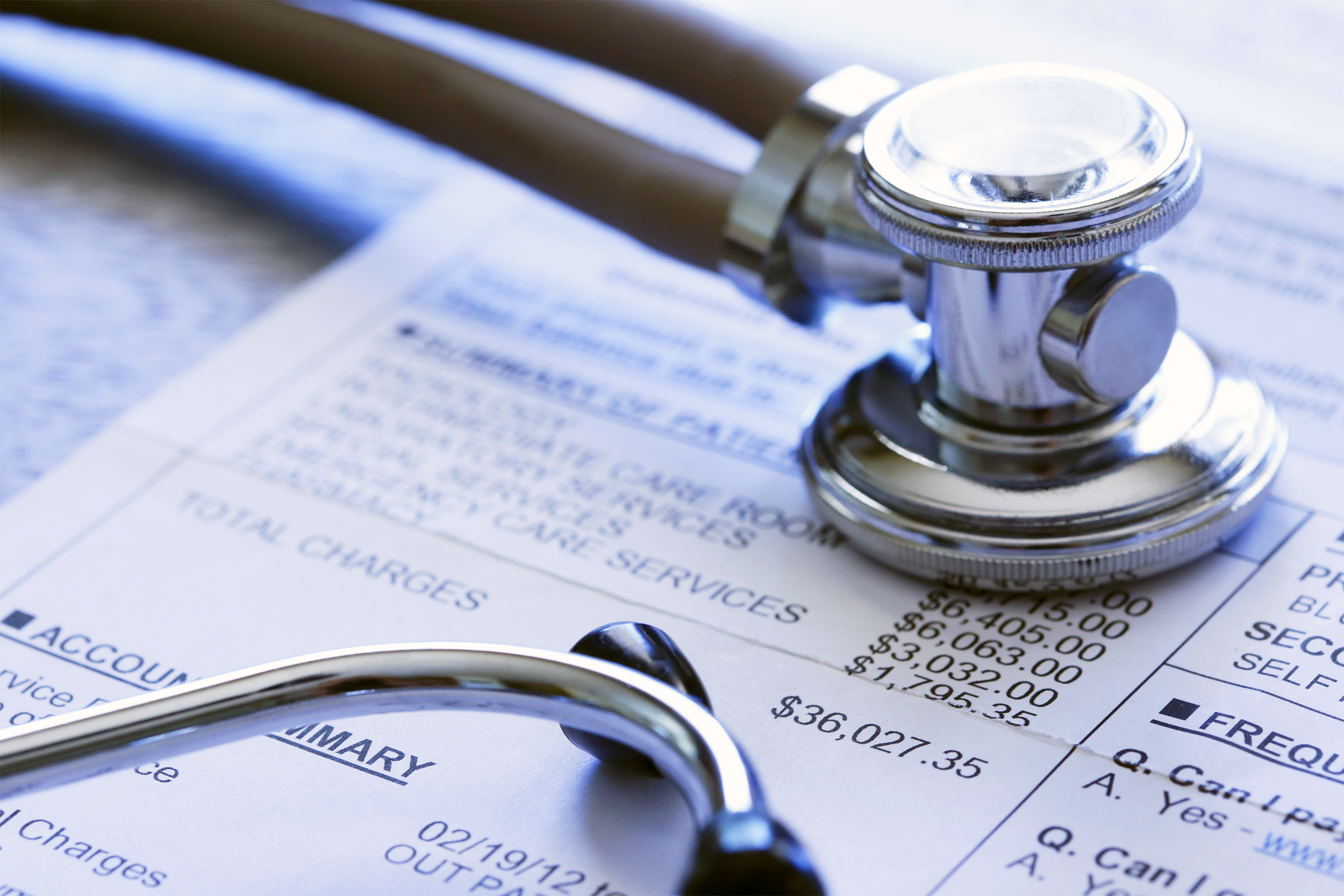
Remember that $10 a week you committed to saving for retirement? If you don’t have any cash set aside in case of an emergency, those Hamiltons might be better put toward a rainy-day fund — at least until you have a sizable cushion. Some experts suggest $1,000; others say three to six months of expenses. The savings can make that next unexpected medical expense or car repair more of a prick than a sting. It’s also worth looking into your insurance to make sure you have enough for a catastrophe, according to WalletHub.
Related: Painless Ways to Grow Your Emergency Fund
Sign up for our newsletter
Take Stock of Where Your Money Is Going
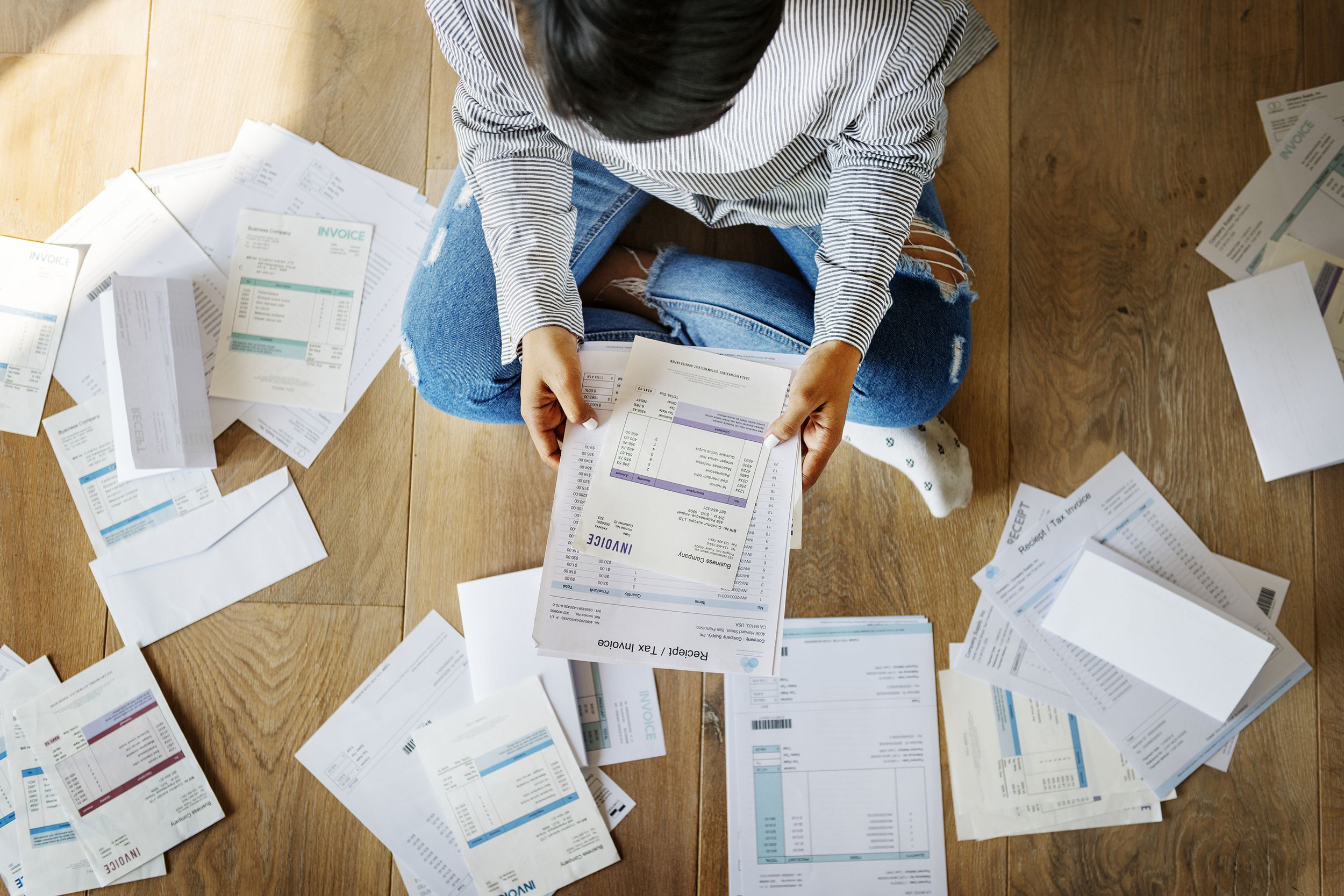
Take a deep breath. Now collect your credit card and bank statements from the past year. Study them, check for hidden fees, and note the categories where you went overboard. “Just be aware where you are spending money,” Mayer says, “and that will make a difference in your choices.”
Sign Up For Credit Monitoring

Twenty-five percent of Americans think they won’t be able to keep their financial resolutions, according to WalletHub’s survey. Signing up for credit monitoring as well as watching your credit score are easy ways to keep track of your finances and make sure you catch fraud quickly.
Focus on Physical Health for Financial Health
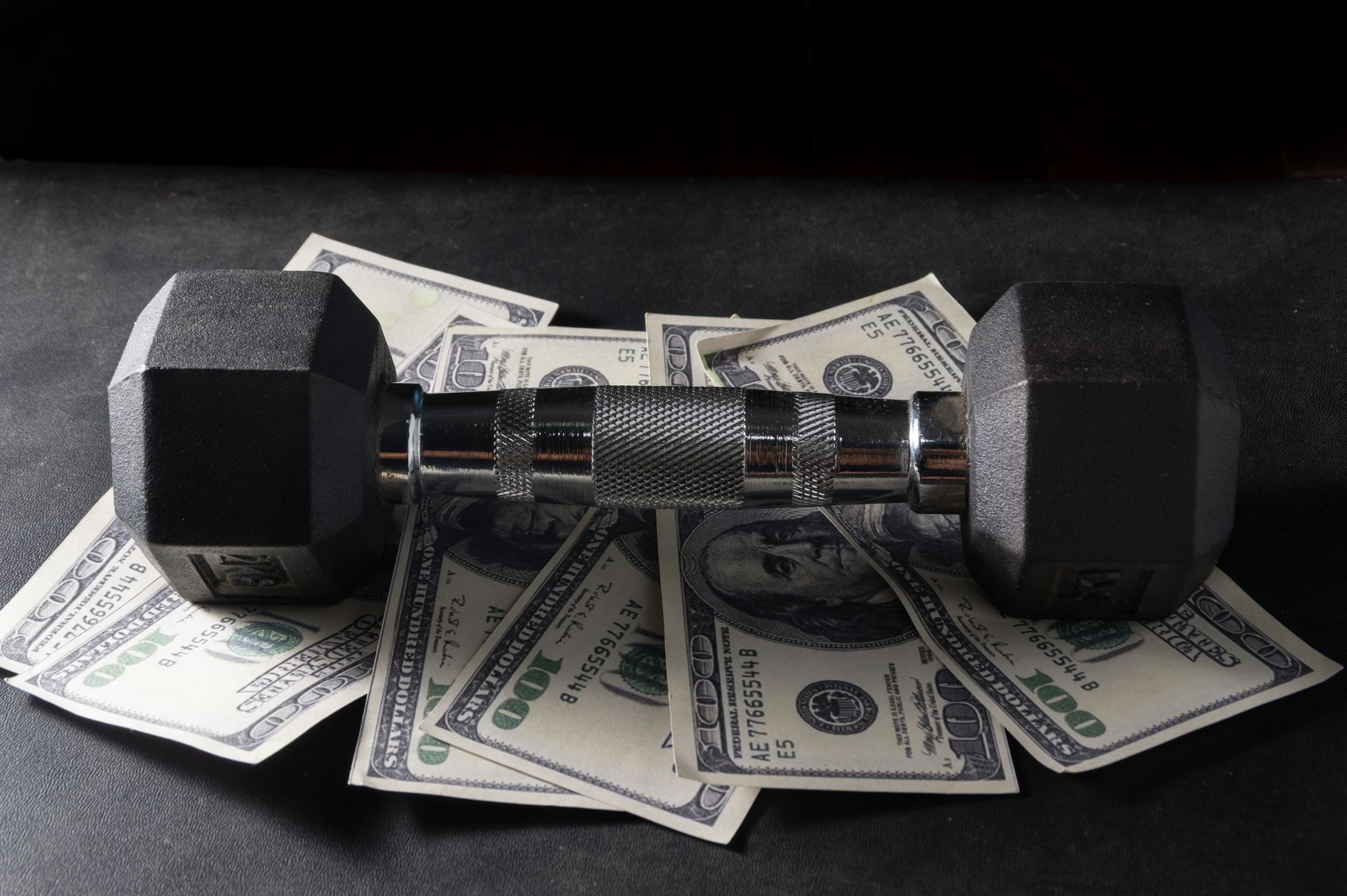
There may be a connection between physical health and financial health, People who get regular exercise tend to have better credit scores according to WalletHub. Healthy habits like exercise also can lead to reduced health care costs, as well as less stress — and the economy and inflation is a major source of stress for many Americans.
See More From Cheapism
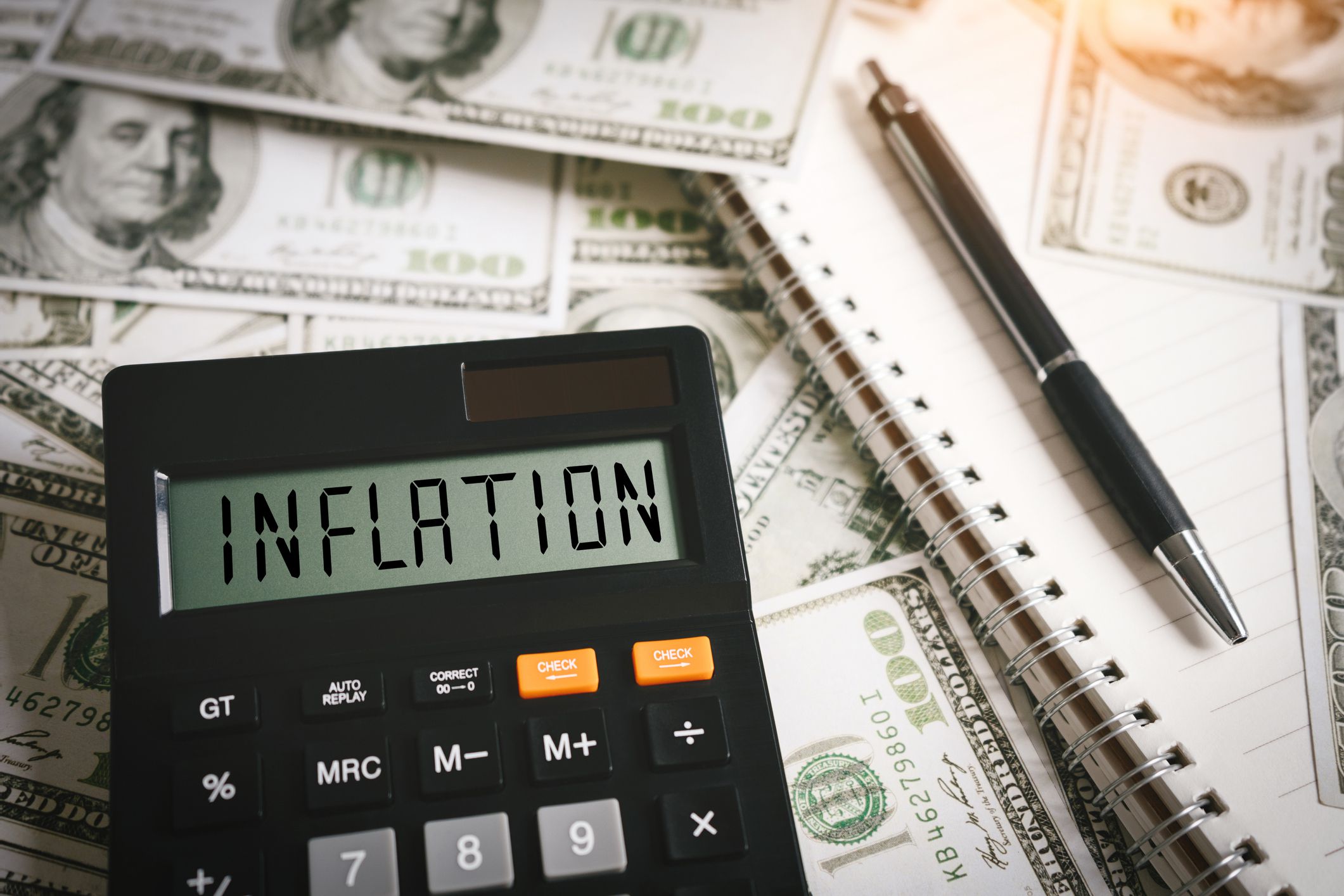
- Inflationary Fallout: Retirement Savings on Hold
- Things You Should Stop Buying in 2023
- What You Need to Know About Dollar Stores
- Money Myths You Need to Ignore
Like Cheapism’s content? Make sure to follow us here.






